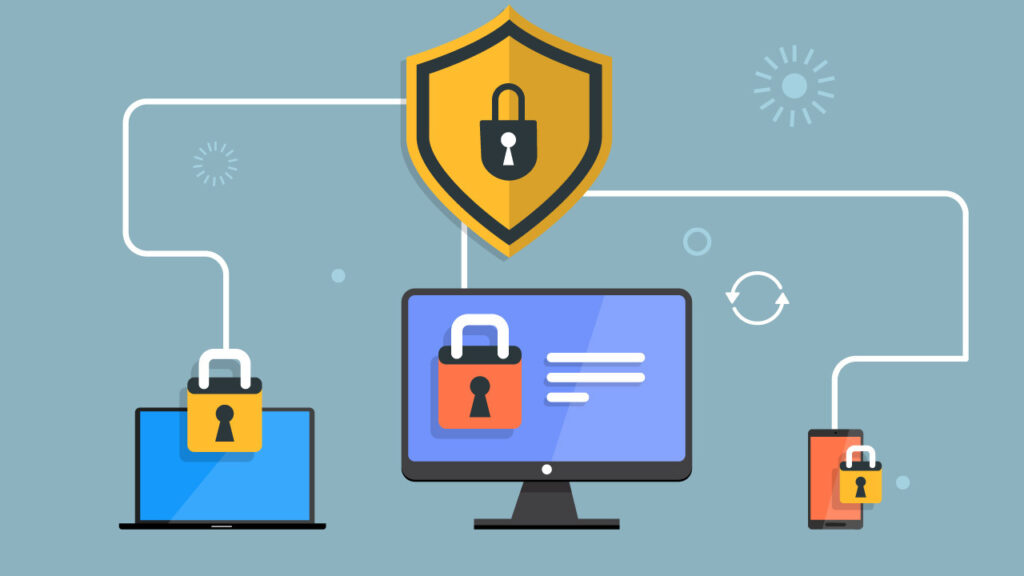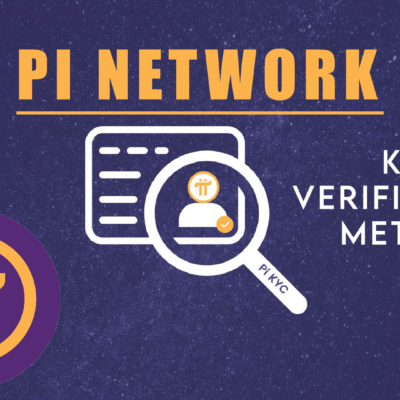In the vast realm of the internet, ensuring security is paramount to protect against threats such as hacking, malicious software, and identity theft. Internet security, a focal point within the broader scope of cybersecurity, is dedicated to fortifying users against the specific vulnerabilities associated with online activities.
The Role of Internet Security in Our Digital Lives
Our daily routines increasingly depend on the internet, encompassing communication, entertainment, and various work-related tasks. Despite its private and secure nature, the internet poses risks, making internet security imperative for both individuals and businesses. As hackers and cybercriminals continuously evolve, the need for robust online protection has never been more critical.
Why Internet Security Matters Today
As the internet becomes more ingrained in our lives, cyber threats grow in complexity. Forbes reports a 15.1% increase in data breaches and cyberattacks in 2021, highlighting the expanding landscape of online risks.
Types of Internet Security Threats
- Malware: Unraveling the Threat
Malicious software, known as malware, manifests in various forms, including viruses, worms, Trojans, and spyware. These pose a constant risk to online security. - Computer Worms: Spreading without Borders
Unlike viruses, computer worms self-replicate across systems without human interaction, making them a potent and rapidly spreading threat. - Spam: Beyond Annoyance
While some spam is harmless, others may contain links leading to the installation of malicious software, emphasizing the importance of cautious email management. - Phishing: Deceptive Tactics
Cybercriminals use phishing scams to trick individuals into divulging private information by posing as trusted entities, like banks or web services. - Botnets: A Coordinated Threat
Botnets, networks of compromised computers, carry out malicious activities, from spam messages to denial-of-service attacks.
Choosing the Right Internet Security Tactics
To safeguard your network effectively, a combination of strategies is essential:
- Browser Selection: Choosing Wisely
Opt for a secure browser to minimize vulnerabilities and reduce the risk of exploitation by hackers. - Multi-factor Authentication (MFA): Strengthening Access Control
Employ MFA to enhance security by requiring multiple authentication factors, making unauthorized access more challenging. - Email Security: Fortifying Communication
Implement a comprehensive email security strategy, including encryption and multi-layered protection, to thwart emerging threats. - Firewalls: The Gatekeepers of Security
Firewalls act as filters, safeguarding devices by permitting or denying network access based on predefined rules.

Internet Security Solutions
Several products contribute to a secure online experience:
- Antivirus Software: Detect and Eliminate
Protect devices by identifying and eliminating viruses with robust antivirus software. - Password Managers: Organizing Security
Safely store and manage passwords through encryption with reliable password managers. - Endpoint Security Suites: A Holistic Approach
Comprehensive security suites combine firewalls, antivirus, anti-spyware, and more for a robust defense against online threats.
Selecting the right combination of products is crucial for securing your data across the internet. Our portfolio offers a comprehensive web security solution, encompassing web filtering, content inspection, antivirus protection, zero-day anti-malware, SSL inspection, data loss prevention, and seamless integration—available on-premises, as a cloud service, or in a hybrid configuration.









